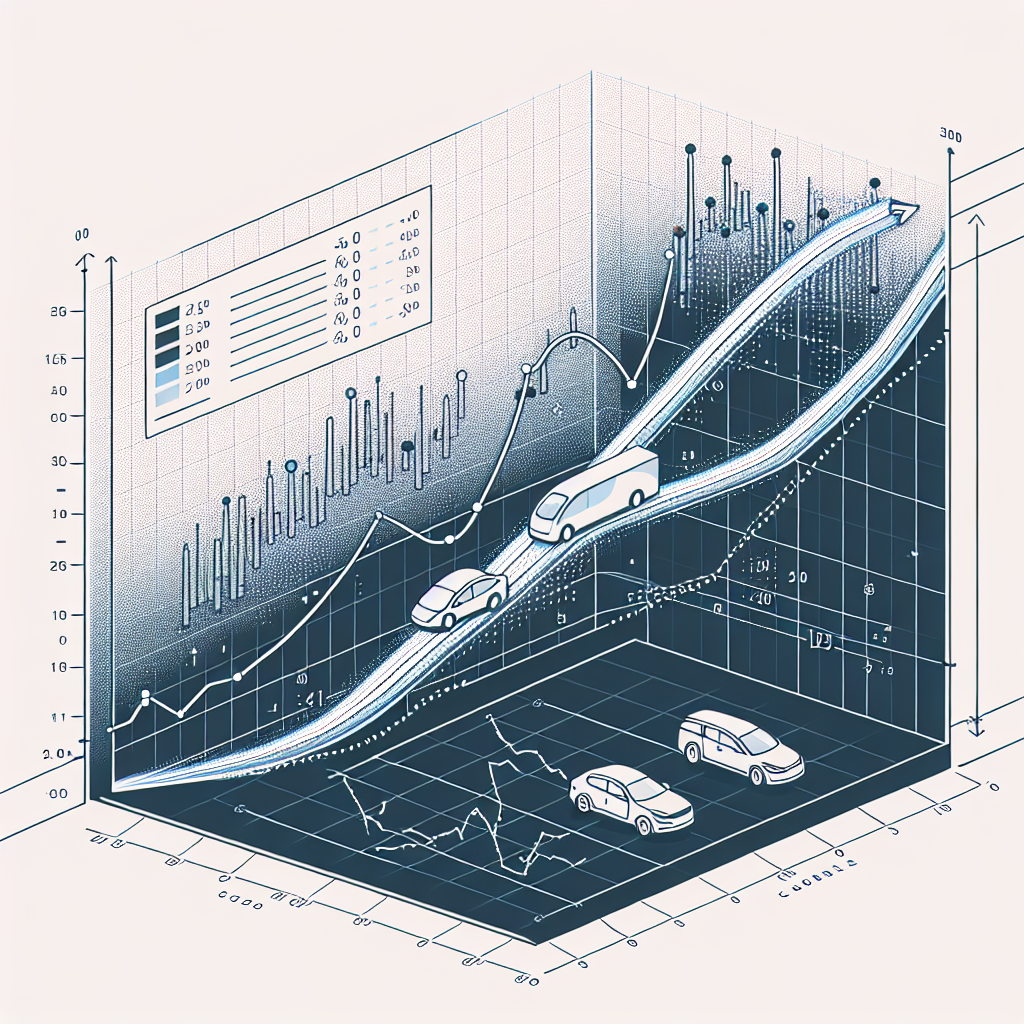In a world bursting at its seams with an ever-growing population, advancing technology and burgeoning economies, we find ourselves standing on the precipice of a significant transformation – moving towards safer transportation. This story isn’t just about saving lives; it’s also about preserving our environment.
1. Environmental Issue
Transportation activities present one of our largest carbon footprints globally. While numerous countries combat climate change by expanding renewable energy sources or developing greener manufacturing processes, transportation systems lag behind in emission reductions progress.
2. Scientific Evidence
Data from institutions like NASA’s Goddard Institute for Space Studies illustrates undeniable links between vehicular CO2-emissions and warming temperatures across Earth’s surface. Also, air pollution related to transport leads to several health issues including respiratory illnesses around traffic-busy cities.

Image Prompt 1:”A graph showing correlation between vehicle emissions and rise in global temperature.”
3. Human Impact
The effects go beyond health paradigms as lower-income communities near busy highways bear an unfair share of these impacts – from noise pollution disrupting sleep patterns to congested roads affecting livelihoods.
Image Prompt 2:”A lively neighborhood nestled alongside a bustling highway.”
4. Policy Response
Globally policymakers are recognising these problems into their legislative agendas – implementing cleaner fuel standards, promoting public transit use over private cars or investing into cycling infrastructure.
5. Community Action
Communities across the world have started initiatives like car-free days, bike-sharing programs or electric vehicle charging infrastructures to encourage low-carbon transportation options.
Image Prompt 3:”People enjoying a car-free day in a busy city center.”
6. Industry Changes
The automotive industry has taken notice of these changes and is consistently investing into cleaner technologies such as hybrid vehicles or hydrogen fuel cells to reduce their environmental impact.
Image Prompt 4:”A row of shiny electric cars charging at an EV station.”
7. Technological Solutions
New technological innovations include self-driving vehicles that promise safer travel by reducing errors associated with human drivers, or hyperloops aimed to revolutionize long-distance travel with minimum emissions.
8. Global Implications
A shift our current transport infrastructure would not only reduce greenhouse gas emissions critically contributing towards climate change mitigation efforts but also enhance quality of life for millions live near traffic-congested areas around world.
Image Prompt 5:”An aerial view of green city infrastructure enhanced by clean transport systems.”
9. Future Scenarios
If we continue on this trajectory, we can envision a future where transportation is not only safe but eco-friendly; where commutes are noiseless and air pollution-free; where getting from point A to B doesn’t mean harming planet Earth.
Leave a Reply